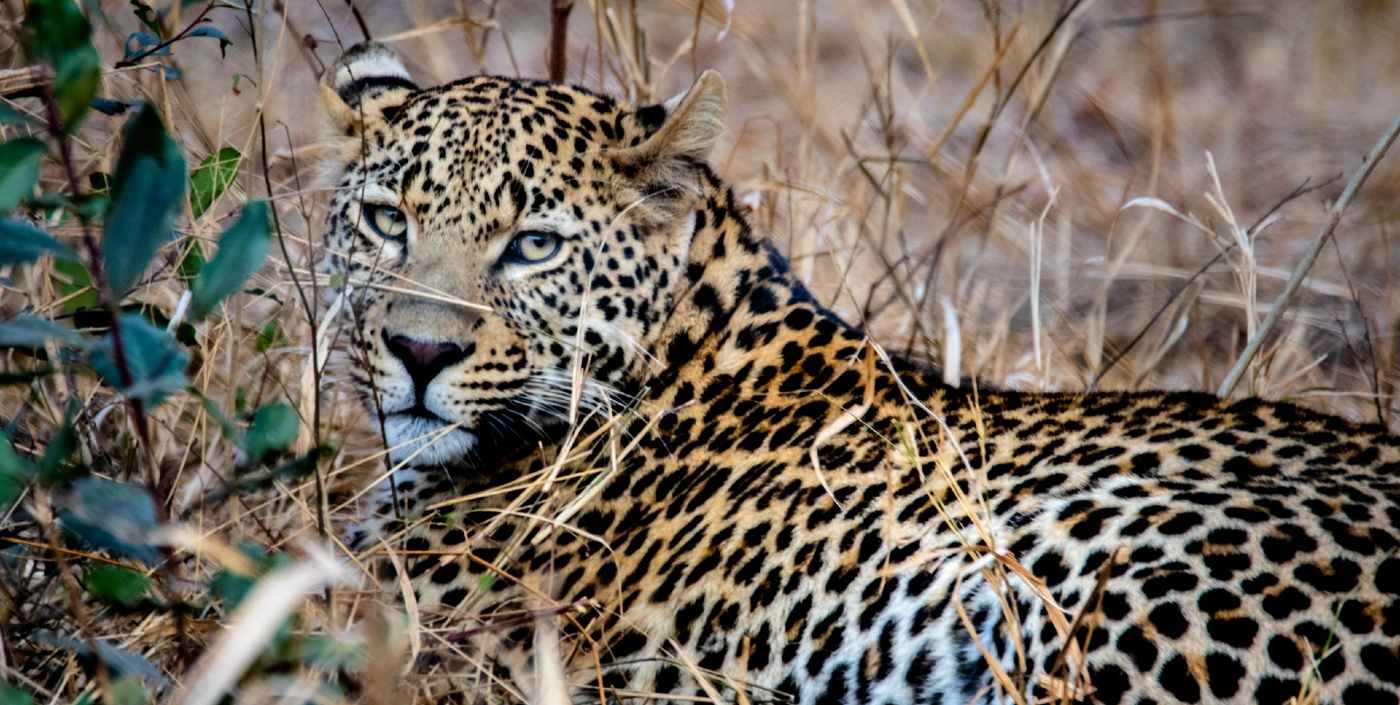
www.goodnewsnetwork.org
In World First, Key African Species Will be Relocated to Another Continent After it Became Extinct in India
The cheetah will be reintroduced into India, where it went extinct in the 1950s, after an ambitious, world-first plan got government go-ahead
Social & Lifestyle
A team of experts from South Africa and Namibia are helping to relocate a population of cheetahs to India in an ambitious restoration program that just got the go-ahead.
It would be the first time ever that a major predator was moved inter-continentally to reestablish a population where it had once been, and India is working hard to make sure it goes well.
The majestic cheetah, iconic of the African bush, once roamed an area from the steppes of Turkey all the way to the dry forests and grasslands of India’s western and central regions.
Now critically endangered, perhaps fewer than 50 Asiatic cheetahs are alive today, and are found only in Iran, with Indian monarchs hunting the animal to extinction in the subcontinent by the 1950s. 20 years later, a significant reintroduction effort was made with the Asiatic cheetah from Iran, but successes never materialized.
“Indira Gandhi was very keen on bringing back the cheetah,” said Dr. M. K. Ranjitsinh, to the Indian Express. “The negotiations went well and Iran promised us the cheetah, but our potential release sites needed to be upgraded with an increase in prey base and greater protection. Moreover, during the process, the Emergency was declared in the country and soon after the Shah of Iran fell.”
“As a flagship species, the conservation of the cheetah will revive grasslands and its biomes and habitat, much like Project Tiger has done for forests and all the species that have seen their numbers go up,” he added.
Chair of the Wildlife Trust of India, and former Director for Wildlife of the Indian Government—essentially the Indian version of David Attenborough—Ranjitsinh is working with a national private-public-non-profit team that’s assessing and building a comprehensive plan for the arrival of the spotted sprinter.
























































